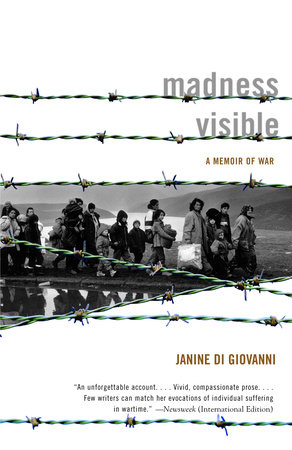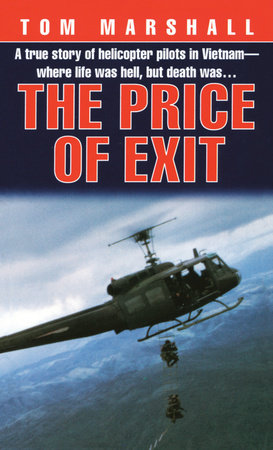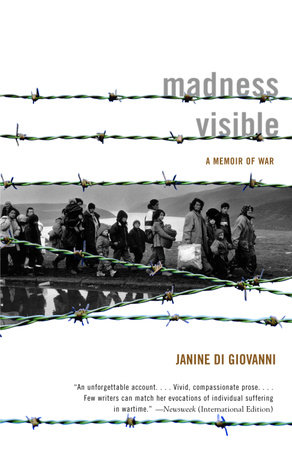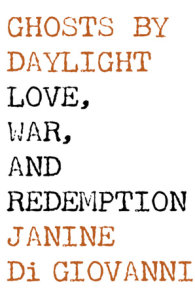

Madness Visible
By Janine di Giovanni
By Janine di Giovanni
By Janine di Giovanni
By Janine di Giovanni

-
$19.00
Feb 08, 2005 | ISBN 9780375724558
-
Dec 18, 2007 | ISBN 9780307426741
YOU MAY ALSO LIKE

Oneness

The Spirit of St. Andrews

Price of Exit

Ancient Mysteries

The Last Diving Horse in America

Playing Shakespeare

The Future of Man

Running the Amazon

How to Shine a Shoe
Praise
"[An] unforgettable account. . . . Vivid, compassionate prose. . . . Few writers can match her evocations of individual suffering in wartime." —Newsweek (International Edition)
“Many journalists have written accounts of the wars of Yugoslav dissolution. Madness Visible is among the best of them. . . . One of Giovanni’s strengths is that if she takes sides it is simply the side of the victim. . . . Succeeds admirably.” –Times Literary Supplement
“A compelling and meticulous account. . . . The author is at her very best when she writes about the people. . . . When di Giovanni speaks of Sarajevo –and she does speak, her voice poignant, grief admixed with rage and frustration– it is gripping.” –San Francisco Chronicle
“Compelling reportage at its best: grisly and depressing at times, of course, but also revealing.” –The Economist
“One of the best books ever written about war.” —The Arizona Republic
"Moving. . . . Janine di Giovanni is our Virgil, guiding us through the circles of that man-made hell: Sarajevo, Kosovo, Pristina. . . . If you read no other book about the Balkan wars, read this one. " –Phil Caputo
“[An] important book. . . . There are few outsiders who better understand what has happened in the Balkans. . . . Madness Visible is the story of all wars.” —The Guardian (London)
"Di Giovanni connects names and battles as well as peoples who have a historic distrust of one another. . . . This is di Giovanni’s one war, and she passionately documents its inhumanity." —The New York Times
“Illuminating. . . . [Her] stream-of-consciousness approach . . . imbues the book with its quiet but undeniable emotional power. . . . [Despite the] gloom that pervades each page, these accounts remain compelling because of Di Giovanni’s resolve to grasp each individual’s frail sense of hope and shattered human dignity.” –.San Antonio Express-News
“Remarkable. . . . A powerful, passionate account, and well worth the waiting for.” —The Times (London)
"Janine di Giovanni has described war in a way that almost makes me think it never needs to be described again. . . . More than a book about war, however, this is a book about the human race, in all its anguishing complexity. I can honestly say that I finished this book a wiser, more compassionate person than when I started." –Sebastian Junger
“Powerful. . . . Moving. . . . Full of gripping reportage about the horrors of life during wartime.” —Newsday
"The veteran reporter has a keen eye for detail and dialogue [while] . . . delving . . . substantially into the political, historical and ethnic tensions contributing to the 1992-95 war. . . . While di Giovanni looks back, however, she is aware that others do not. . . . Madness Visible reminds us of the folly and shame in this neglect." —The Washington Post
“Janine di Giovanni is superb–an extraordinarily brave war correspondent and a wonderful writer as well. What a combination!” –William Shawcross
"Excellent. . . . Di Giovanni depicts just how unsatisfactory, even crazy, the ‘peace’ in Kosovo is. . . . Her descriptive talents are at their best when her eye comes to rest on the plight of civilians. . . . Don’t read this book for its analysis of Balkan politics, which you can get elsewhere, but for its very humane portrait of fighters, refugees and victims." —The Daily Telegraph (London)
"An embedded journalist before the term was invented. . . . [Di Giovanni] provides a haunting record of the continuing war in the Balkans." —Harper’s Bazaar
"Powerful. . . . The images are unforgettable and di Giovanni writes movingly, with no need for embellishment, about . . . the insanity and irrationality of human behavior. Read this book and you may begin to understand what war looks and feels like, or even smells like." —The Spectator
"Chilling. . . . [Di Giovanni’s] courage is matched only by her compassion for her subjects. . . . She is a woman who simply doesn’t know the meaning of the word ‘can’t’ and in her profession that’s a major asset." —The Evening Standard (London)
“Should be read . . . for an understanding of the depravity of Balkan wars of ethnic cleansing . . . [and for the] insights [it] offer[s] into the world of war correspondents working at the razor’s edge of their profession.” —Columbia Journalism Review
"Affecting. . . . Her account reflects both her passionate engagement with the people and her own sense of deep loss in this place." —The Hartford Advocate
21 Books You’ve Been Meaning to Read
Just for joining you’ll get personalized recommendations on your dashboard daily and features only for members.
Find Out More Join Now Sign In











